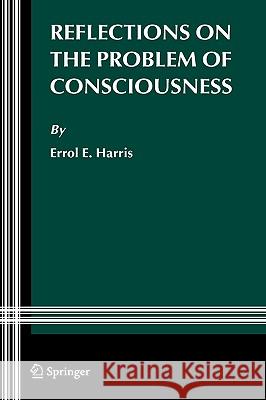Reflections on the Problem of Consciousness » książka
Reflections on the Problem of Consciousness
ISBN-13: 9781402043093 / Angielski / Twarda / 2006 / 186 str.
The relation between body and mind has presented philosophy with its perennial problem. It exercised the minds of Plato and Aristotle and it was implicit in the thought, if not always present to the minds, of the Presocratics. In modern philosophy it became explicit in Descartes s Meditations and remained central to the deliberations of every subsequent philosopher of any significance from Hobbes to Hume, from Spinoza to Hegel, and from Husserl and Heidegger to Russell and Whitehead. From whatever angle one approaches philosophy one cannot avoid this problem. Moral philosophy, both ethical and political, compels one to adopt some conception of human nature, its origins and status within the world, for one cannot decide on the best way to live without considering the impact of natural influences on the human condition and of human behaviour on nature including other humans; and these considerations at once raise the question of the relation of the human mind to Nature and the natural body it enlightens. A philosophy of Nature must include the place of humanity in the natural scheme, not only the human body, but also the knowing mind. Metaphysics cannot be divorced from Epistemology nor can that neglect the part played in the acquisition of knowledge by the bodily senses. And clearly a philosophy of mind must include some vision of the relation of the mind to the body it inhabits."











